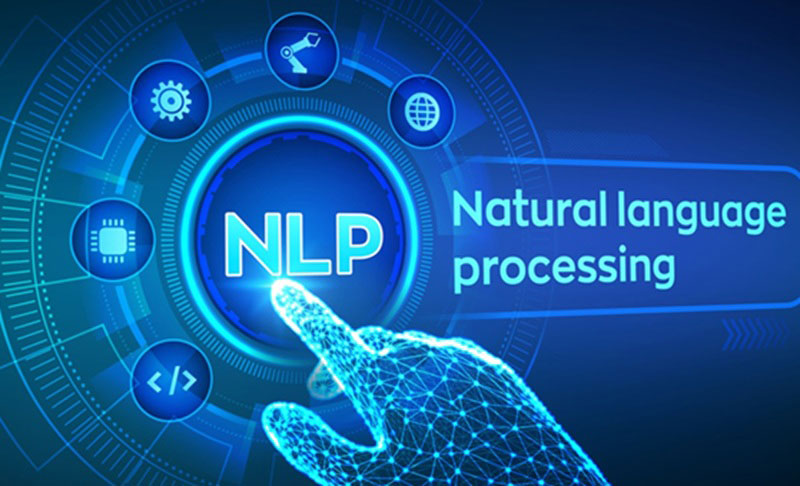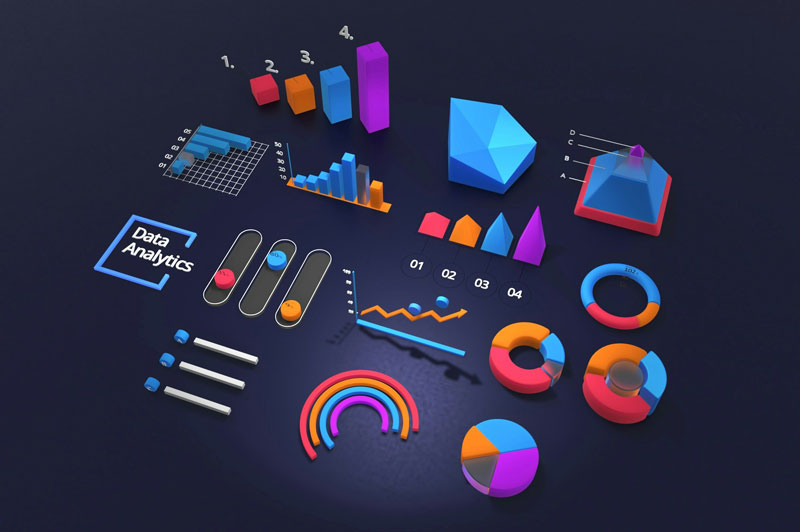
Tips for Trusted and Choosing the Most Comprehensive Pet Shop
Choosing a trusted one, and the most comprehensive pet shop is a crucial step for every pet owner. It is not just a place to

Natural Language Processing (NLP) is a subfield of computer science and artificial intelligence that utilizes machine learning. This technology enables computers to understand and communicate using human language.
Overall, NLP can be an excellent solution for companies to streamline and automate business operations. This artificial intelligence technology can even increase employee productivity and simplify business processes.
Essentially, Natural Language Processing makes it easier for humans to communicate and collaborate with machines. This combination allows them to reap significant benefits.
The following are the benefits of Natural Language Processing in various industries and applications.

Natural Language Processing is useful for automating various repetitive tasks, such as customer support, data entry, and document handling, either partially or completely.
For example, NLP-powered chatbots can handle routine customer inquiries. NLP can even free up human agents for much more complex problems.
In the context of document processing, NLP can automatically classify, extract important information, and summarize content, reducing the time and errors associated with manual data handling. Natural Language Processing facilitates language translation and transforms text from one language to another while preserving its context, meaning, and nuance.

In practice, Natural Language Processing (NLP) can enhance data analysis, enabling the extraction of insights from unstructured text data. This includes customer reviews, social media posts, and news articles.
Using text mining techniques, NLP can identify unseen patterns, trends, and sentiments within large data sets. Sentiment analysis itself allows the extraction of subjective qualities such as attitude, emotion, sarcasm, confusion, or suspicion from text. This is often used to direct communications to the system most likely to respond.
Thus, NLP enables businesses to better understand customer preferences, market conditions, and public opinion. Furthermore, NLP can categorize and summarize large amounts of text. As a result, analysis makes it easier to identify important information and make efficient, data-driven decisions.

Natural Language Processing provides a variety of search benefits that enable systems to understand the intent behind user queries. This technology can provide more accurate and contextually relevant results.
NLP doesn’t just rely on keyword matching. However, NLP-powered search engines also analyze the meaning of words and phrases. As a result, it’s easier to find information, even when queries are unclear or complex.
This certainly improves the user experience in web searches and can even enhance document searches or corporate data systems.

Natural Language Processing (NLP) supports advanced language models for generating text. One pre-trained model is GPT-4. This artificial intelligence technology is capable of generating articles, reports, marketing copy, and product descriptions. GPT-4 is even capable of generating creative writing based on user prompts.
In practice, various tools powered by Natural Language Processing can help automate various tasks, such as composing emails, writing social media posts, or legal documentation.
NLP itself works by understanding context, tone, and style, so that the resulting content remains coherent and relevant. The system used ensures that the content aligns with the intended message. This clearly saves time and effort in content creation while maintaining the quality of the resulting content.
In today’s digital world, Natural Language Processing can be found in various industries. These artificial intelligence systems are easily found in various applications, as follows.
In financial transaction models, nanoseconds can make the difference between success and failure when accessing data. Furthermore, this aspect also makes a difference in conducting trades and transactions.
Natural Language Processing (NLP) itself can accelerate information mining from financial reports, annual reports, and regulatory reports. In fact, this artificial intelligence technology can also accelerate information from regulatory reports, news releases, and even social media.
Artificial intelligence technology enables new medical insights and breakthroughs that can arrive faster than healthcare professionals. NLP-based tools can help speed up the analysis of health records and related medical issues.
Furthermore, NLP can also make better medical decisions. This is clearly helpful in detecting or preventing certain medical conditions.
Natural Language Processing (NLP) can analyze claims to look for patterns that can identify areas of concern. This artificial intelligence technology can identify inefficiencies in insurance claims processing. As a result, the insurance claims process can be faster and more efficient, allowing employees to focus on more important work.
Essentially, almost all legal cases may require review of various matters, including piles of documents, background information, and legal precedents.
Based on this, Natural Language Processing can help automate legal discovery. Furthermore, NLP also helps organize information, expedite reviews, and ensure that all relevant details are recorded for consideration.
Overall, Natural Language Processing (NLP) plays a vital role in various industries and applications. Some of these tasks include the automation of repetitive tasks, data analysis and insight, enhanced search, and the ease of creating specific content. It’s no wonder this intelligence technology is widely applied to simplify human work.

Choosing a trusted one, and the most comprehensive pet shop is a crucial step for every pet owner. It is not just a place to

The rise of online shops has completely changed the way people buy and sell. Making an e-commerce website is a must-have for anyone running a

Social media marketing is a strategy that utilizes digital platforms to increase engagement with users or potential consumers. This method is efficient because it can